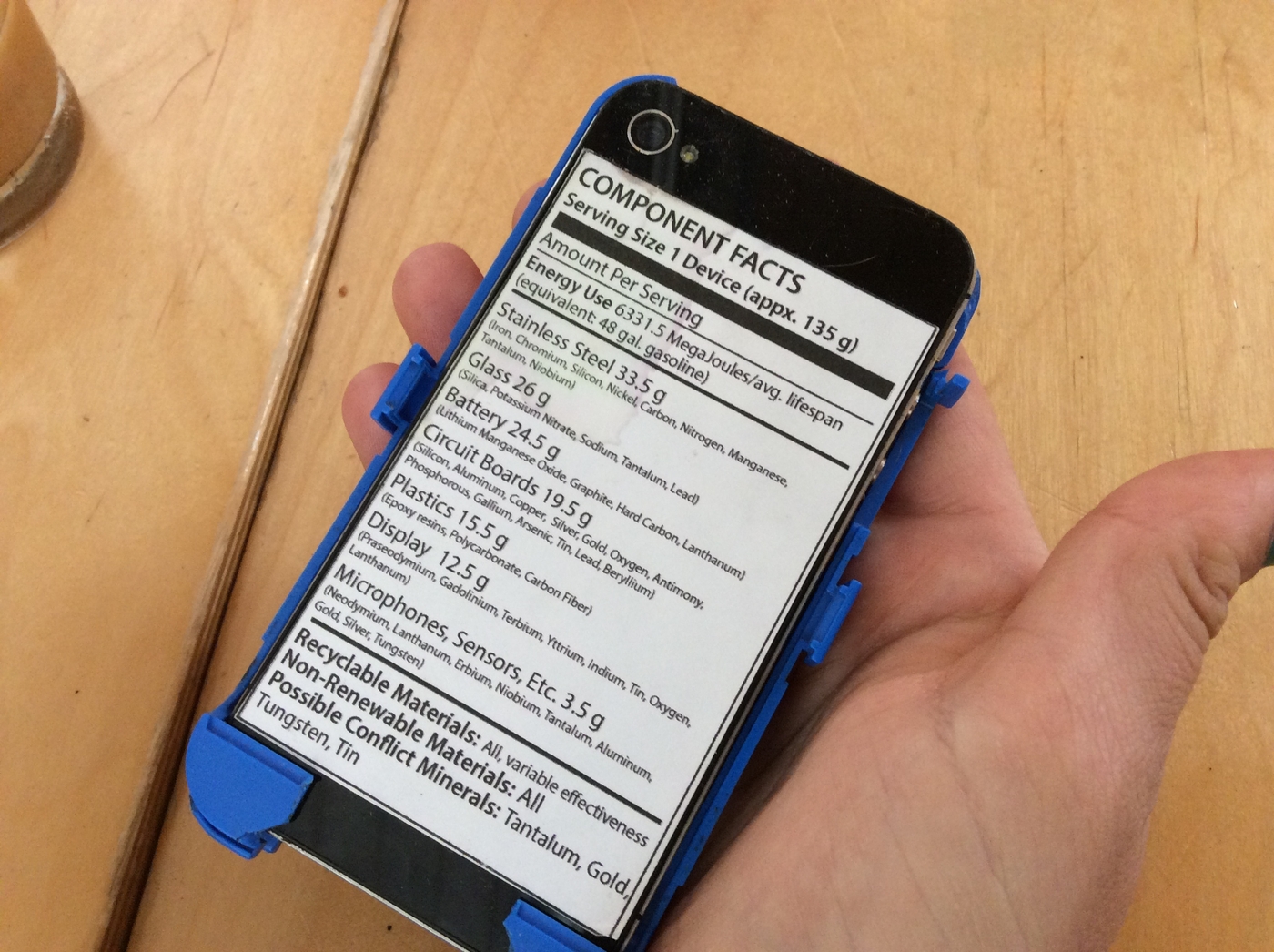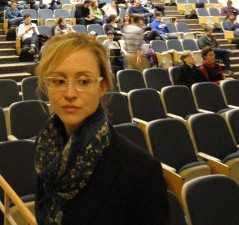
EcoDH
Intersections of Environmental and Digital Humanities—Digital Dialogue Panel
Speakers

We in digital humanities and media studies like to use environmental metaphors. We talk of “media ecologies” and hold conferences about “possible worlds.” Maxwell, Raundalen, and Vestberg have suggested that such metaphors of the environment obscure the relationship of digital media to the material world, enabling utopian discussions about virtual environments at the precise moment in which the real environment is in crisis. The emerging field of Ecocritical DH (EcoDH) seeks to maintain a focus on the material world within the digital humanities. Located at the nexus of environmental humanities and digital humanities, EcoDH mobilizes a range of tools and critical constructs, using digital methods to investigate environmental issues while reflecting on the ecological implications of those same digital methods. EcoDH thus offers new horizons for digital work while challenging digital humanities to investigate its own practices and metaphors. Our panel features scholars and practitioners from various institutions and backgrounds discussing the existing place of, and future possibilities for, EcoDH. Ted Dawson will present on immersive experiences of infrastructure and how these can both reveal and obscure the materiality of the digital. Amanda Starling Gould will touch upon the “dirty digital humanities,” sustainable digital practice through permaculture, and the urgency of cross-disciplinary EcoDH. Craig Dietrich will discuss his work combining permaculture with network culture by creating software that drives non-hierarchical systems such as Scalar and ThoughtMesh. Max Symuleski will explore the political ecology of maintenance as it relates to digital objects, digital infrastructures, and life-cycles of computational hardware. libi will address media archaeological and techno-revitalization practices in relation to obsolescence and convenience culture. To demonstrate EcoDH at its best, our presentation will be a hybrid intervention that puts into practice our theoretical intentions.
Speaker Bios
Ted Dawson is Visiting Assistant Professor of German Studies at the University of Maryland, College Park, where he is currently teaching a course on the history of environmental thinking in German culture. His research touches on media studies, digital humanities, and environmental humanities, and he is presently developing a project that investigates the environmental consequences of aesthetic experience through the lens of Austrian rap music.
Amanda Starling Gould, PhD is the Digital Humanities Specialist / Special Projects Coordinator for the Franklin Humanities Institute (FHI) at Duke University. She teaches publicly-engaged environmental humanities courses, researches EcoDH, collaborates on regional public humanities initiatives, and consults on digital humanities programming, projects and pedagogies.
Max Symuleski is a PhD Candidate in the Computational Media, Arts & Cultures program at Duke University. Their dissertation project Working Freedom: Visual and Material Cultures of Maintenance NYC, 1974-1990 looks at the changing cultural significance of maintenance through the lens of art in New York City during the period of the urban crisis. Max is broadly interested in the political aesthetics of maintenance in environmental and technical systems, from the repair of material infrastructures to the moderation of internet discourse. Max received an MA in historical studies from the New School for Social Research and repairs computers in their free time.
Libi rose striegl is a PhD Candidate in the Intermedia Arts, Writing and Performance program at the University of Colorado at Boulder. She is interested in human - tech relationships and the balance between need and want, and her dissertation project is centered around the concept of convenience in technology as it relates to everything from environmental issues to digital security and privacy to obsolescence. In addition to her research she currently serves the Media Discovery and Learning Coordinator at the Media Archaeology Lab and the graduate artist in residence at the Blow Things Up Lab.
Media
A continuously updated schedule of talks is also available on the Digital Dialogues page.
Unable to attend the events in person? Archived podcasts can be found on the MITH website, and you can follow our Digital Dialogues Twitter account @digdialog as well as the Twitter hashtag #mithdd to keep up with live tweets from our sessions. Viewers can watch the live stream as well.
All talks free and open to the public. Attendees are welcome to bring their own lunches.
Contact: MITH (mith.umd.edu, mith@umd.edu, 301.405.8927).
